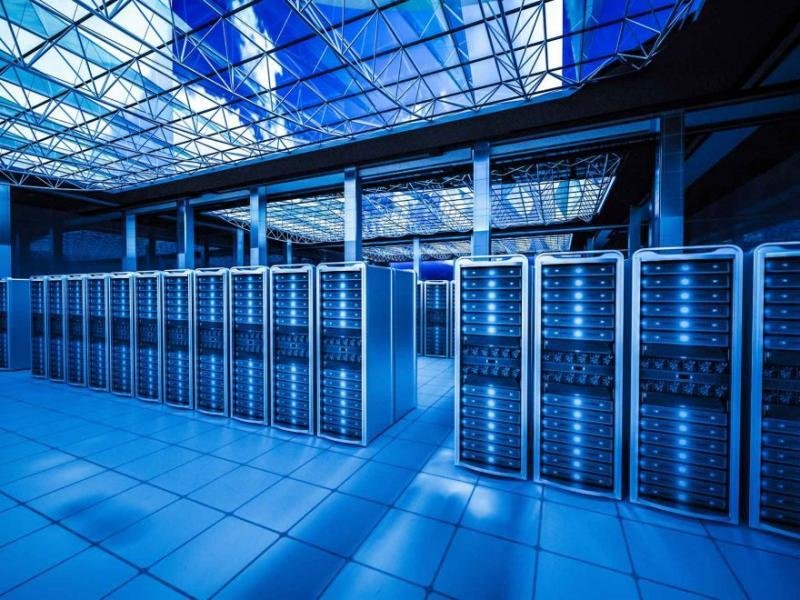Powering Every Sector: The US Modular Data Center Industry Impact

The US Modular Data Center industry is a critical enabler of digital transformation across a vast spectrum of economic sectors, providing the agile infrastructure necessary for innovation. The industry's powerful growth trajectory, which is expected to see its market value climb from $3.2 billion in 2024 to an impressive $20.5 billion by 2035, is a testament to its broad applicability and problem-solving capabilities. This expansion, progressing at a dynamic 18.39% CAGR, is fueled by the unique ways in which different industries are leveraging modular solutions to meet their specific challenges, from enabling low-latency 5G networks in telecom to providing rugged, deployable command centers for the military, proving its versatility and strategic importance.
The IT, cloud, and telecommunications industries are the largest and most significant adopters of modular data centers. Cloud hyperscalers like Amazon, Google, and Microsoft use modular designs to rapidly expand their data center campuses, adding capacity in pre-built blocks to meet the relentless growth in demand for cloud services. Telecommunications companies are deploying thousands of smaller, modular edge data centers at the base of cell towers and in central offices to support the rollout of 5G networks. These edge locations are essential for delivering the low-latency performance required for new 5G applications, such as connected cars and real-time mobile gaming, making the modular approach a cornerstone of next-generation communication infrastructure.
In the Banking, Financial Services, and Insurance (BFSI) and healthcare sectors, the drivers for adoption are often security, compliance, and business continuity. Banks may deploy a modular data center to quickly add capacity for a new digital banking platform or to establish a secure, isolated environment for processing sensitive financial data. Both industries have a critical need for robust disaster recovery solutions, and a modular data center can be rapidly deployed in a secondary location to provide a fully redundant backup for their primary facilities. For healthcare, these solutions can bring powerful computing capabilities directly to a hospital campus to support electronic health records (EHR) systems and advanced medical imaging, ensuring high performance and data privacy.
The industrial, manufacturing, and energy sectors leverage the ruggedness and flexibility of modular data centers to power their digital initiatives. In a smart factory, a modular unit can be deployed directly on the factory floor to process data from thousands of IoT sensors, enabling predictive maintenance and real-time process optimization. In the energy sector, oil and gas companies use containerized data centers on remote drilling sites to process seismic data and manage operations in harsh environments. The military and other government agencies use them to create deployable, tactical data centers and command posts that can be transported and set up quickly in any location around the world, showcasing their unparalleled adaptability.
Explore Our Latest Trending Reports:
- Art
- Causes
- Crafts
- Dance
- Drinks
- Film
- Fitness
- Food
- Games
- Gardening
- Health
- Home
- Literature
- Music
- Networking
- Other
- Party
- Religion
- Shopping
- Sports
- Theater
- Wellness


